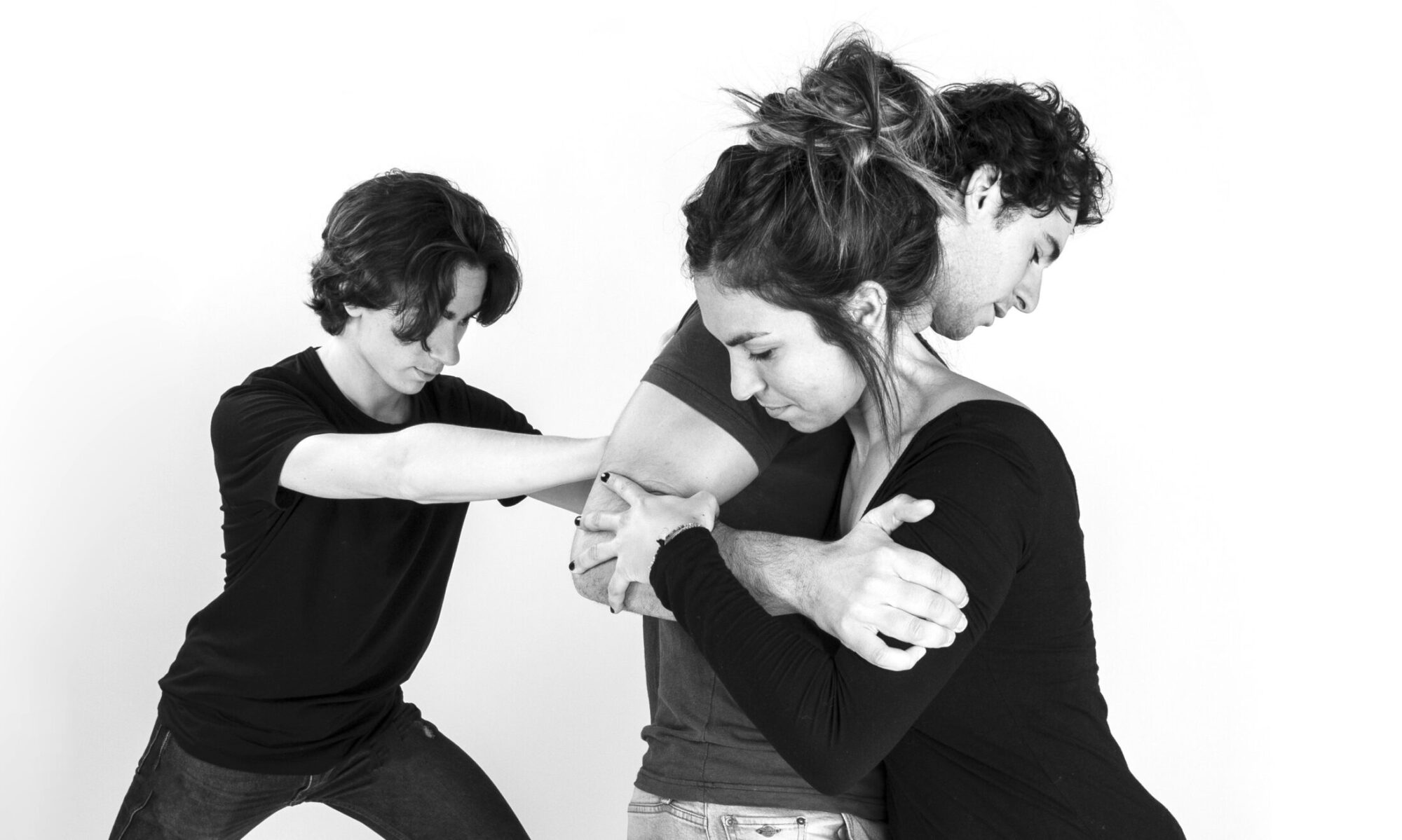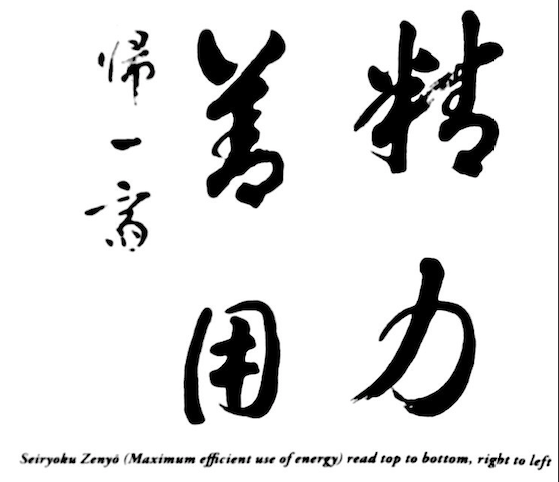In 1882 Jigoro Kano founded the Kodokan “a place for the study of the way”, the school were Judo was first time practiced. Judo means the gentle way and follows the principle of “Seiryoku Zenyo” maximum efficient use of energy. Kano stated that ” judo is a way were the individual makes use of their mental and physical attributes as efficiently as possible”.
The article of Walter Kiechel III published in the Harvard Business Review (may 2012) “The Management century” places in 1886 the first glints of management. Kiechel ,who served as Managing Editor of Fortune magazine and as the Editorial Director of Harvard Business School Publishing, considers that the delivered address to The American Society of Mechanical Engineers titled “The Engineer as an Economist” of Henry R.Towne, cofounder of the Yale Lock Manufacturing Company, highlighted that Management was to be viewed as a set of practices that could be studied and improved. He went on to assert that “the management of works has become a matter of such great and far-reaching importance as perhaps to justify its classification also as one of the modern arts”. The management should be rooted in economics, that meant achieving the maximum efficiency with the resources provided.
The period of the 1880s , Orient & Occident, two different cultures and disciplines. Two societies: the U.S. evolving form a loosely connected world of small towns, small business, and agriculture to an industrialized network of cities, factories and large companies linked by rail, and in the other side Japan in the Meiji period during which Japanese society moved from being an isolated feudal society to its modern form. Fundamental changes affected its social structure, internal politics, economy, military, and foreign relations.
Kano and Towne together converging and defining the principle of two disciplines : the best use of the energy/resources.


